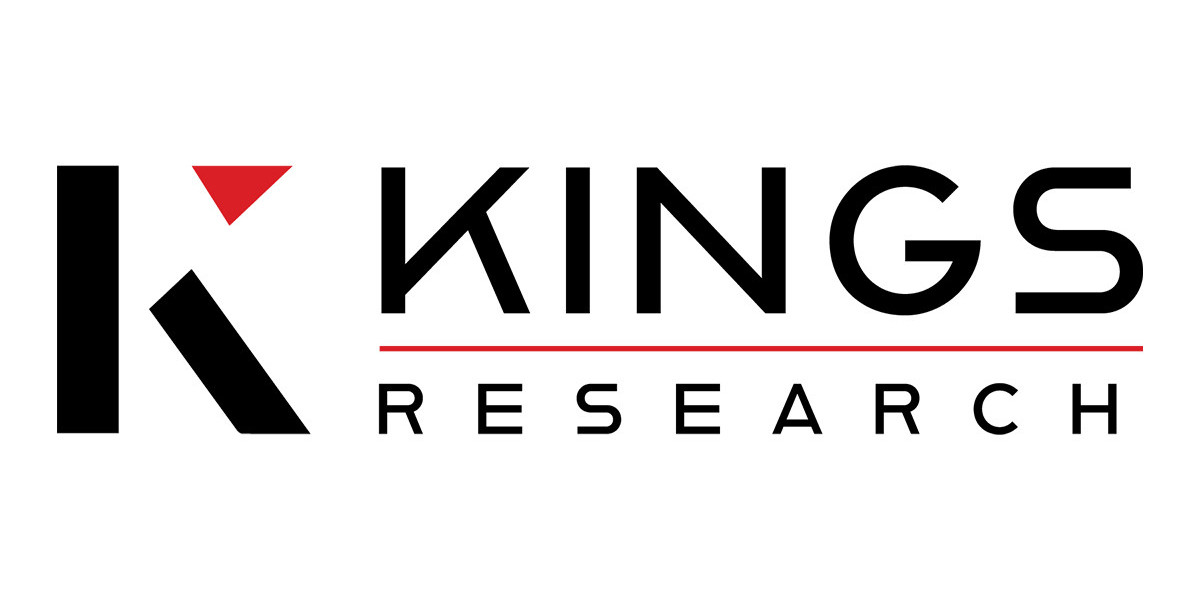Halal certification has gained global significance as consumers increasingly seek products that align with their religious and ethical beliefs. It ensures that food, pharmaceuticals, cosmetics, and other products comply with Islamic dietary laws and manufacturing processes. This certification is not only crucial for Muslim consumers but also for businesses looking to expand in the global Halal market, which is valued at trillions of dollars.
Importance of Halal Certification
1. Compliance with Islamic Laws
Halal certification guarantees that products meet Islamic dietary laws as prescribed in the Quran and Hadith. This ensures that Muslim consumers can confidently purchase food and other goods without violating their beliefs.
2. Expanding Market Reach
With over 1.9 billion Muslims worldwide, the demand for Halal-certified products is increasing. Businesses that obtain Halal certification can tap into rapidly growing markets in the Middle East, Southeast Asia, Africa, and beyond.
3. Consumer Trust and Brand Credibility
A Halal-certified product reassures consumers about its quality, hygiene, and ethical sourcing. It builds trust among Muslim and non-Muslim consumers who prefer products manufactured under strict guidelines.
4. Quality Assurance and Hygiene Standards
Halal certification follows stringent hygiene and safety standards in food production, processing, and handling. These standards align with Good Manufacturing Practices (GMP) and Hazard Analysis and Critical Control Points (HACCP), ensuring product safety and quality.
5. Competitive Advantage
Businesses that acquire Halal certification gain a competitive edge by differentiating themselves in the marketplace. Many multinational companies seek Halal certification to enter new markets and meet consumer preferences.
Scope of Halal Certification
Halal certification extends beyond food and beverages, covering multiple industries:
1. Food & Beverage Industry
Meat and poultry (ensuring proper Halal slaughtering practices)
Dairy products, snacks, and confectionery
Beverages (excluding alcohol-based drinks)
Food additives and preservatives
2. Pharmaceuticals & Healthcare
Medicines, vaccines, and supplements
Cosmetics, personal care, and hygiene products
Halal-friendly skincare and haircare products
3. Logistics & Supply Chain
Ensuring Halal integrity throughout transportation and storage
Segregation of Halal and non-Halal goods to avoid contamination
4. Hospitality & Tourism
Halal-friendly hotels and restaurants
Airlines offering Halal-certified meals
Halal tourism packages catering to Muslim travelers
How to Obtain Halal Certification
Application Submission: Businesses must apply through an accredited Halal certification body.
Compliance Audit: Inspectors assess production facilities, ingredients, and processes.
Documentation Review: Businesses provide necessary documentation for evaluation.
Certification Issuance: Upon successful evaluation, Halal certification is granted.
Regular Monitoring: Certified companies undergo periodic audits to maintain compliance.


